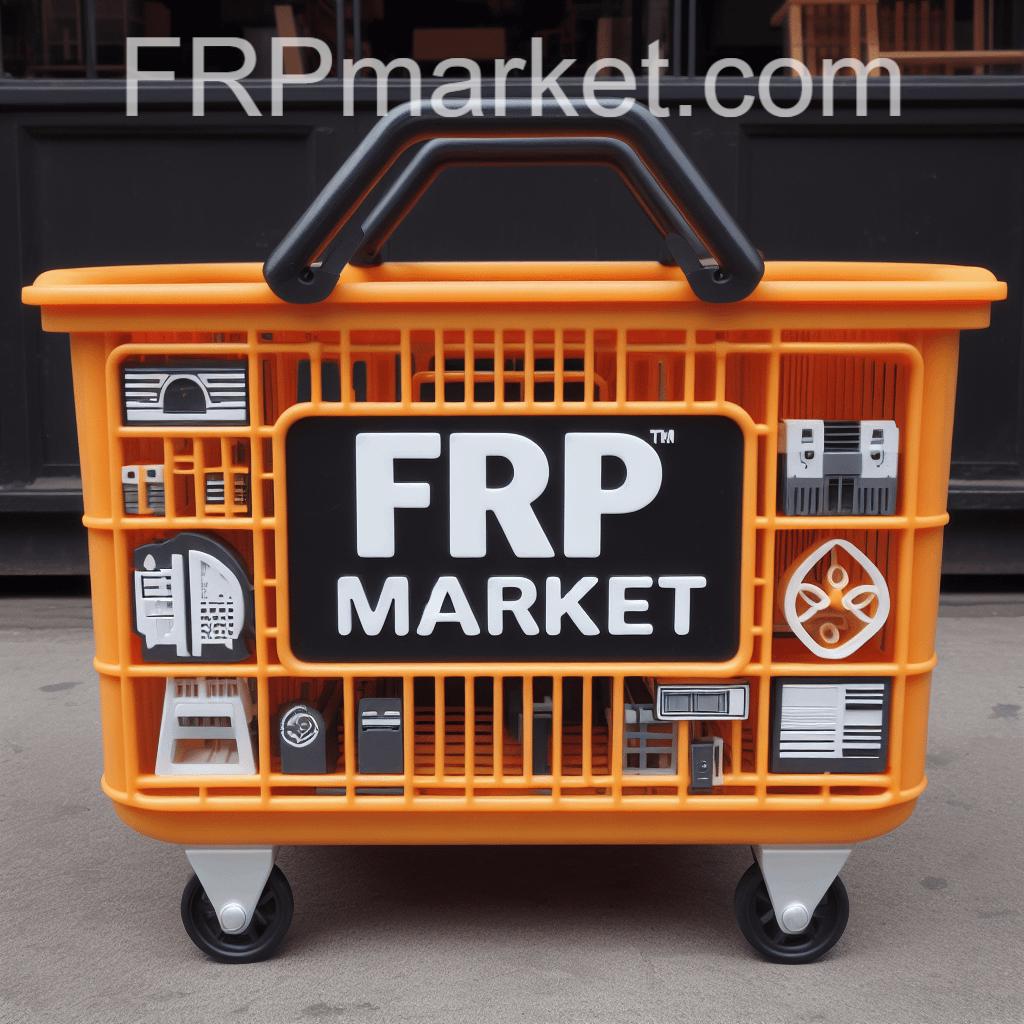Some Frequently Asked Questions on FRP products
- What is FRP made of?
FRP is made of a polymer reinforced with fibers such as glass, carbon, aramid, basalt, and others. The polymer is typically a resin such as epoxy or polyester, and the fibers are added to provide strength and other desired properties.
- What are the benefits of using FRP products?
FRP products offer a number of benefits, including high strength, low weight, durability, low maintenance, versatility, and resistance to corrosion and chemicals.
- What are the common uses of FRP products?
FRP products are used in a wide range of applications, including transportation, construction, electrical and electronics, chemical processing and storage, marine, water treatment, aerospace, and sporting goods.
- Is FRP recyclable?
Yes, FRP products can be recycled, making them a sustainable choice for various applications.
- Can FRP products be painted or coated?
Yes, FRP products can be painted or coated with a variety of finishes to provide additional protection or to achieve a specific appearance.
- How do I clean and maintain FRP products?
FRP products can be easily cleaned with mild detergents and water. They require minimal maintenance and are resistant to corrosion, making them a low-maintenance choice for various applications.
- Is FRP resistant to corrosion?
Yes, FRP products are resistant to corrosion and have a long service life, making them suitable for outdoor and marine applications.
- How does the strength of FRP compare to other materials?
FRP products have a high strength-to-weight ratio, making them suitable for applications where weight is a critical factor. They are also strong and durable, making them suitable for a wide range of applications.
- Can FRP products be molded into different shapes and sizes?
Yes, FRP products can be molded into a wide range of shapes and sizes, making them suitable for a variety of applications.
- Does FRP have good electrical and thermal insulation properties?
Yes, FRP products have excellent electrical and thermal insulation properties, making them suitable for electrical and electronic applications.
